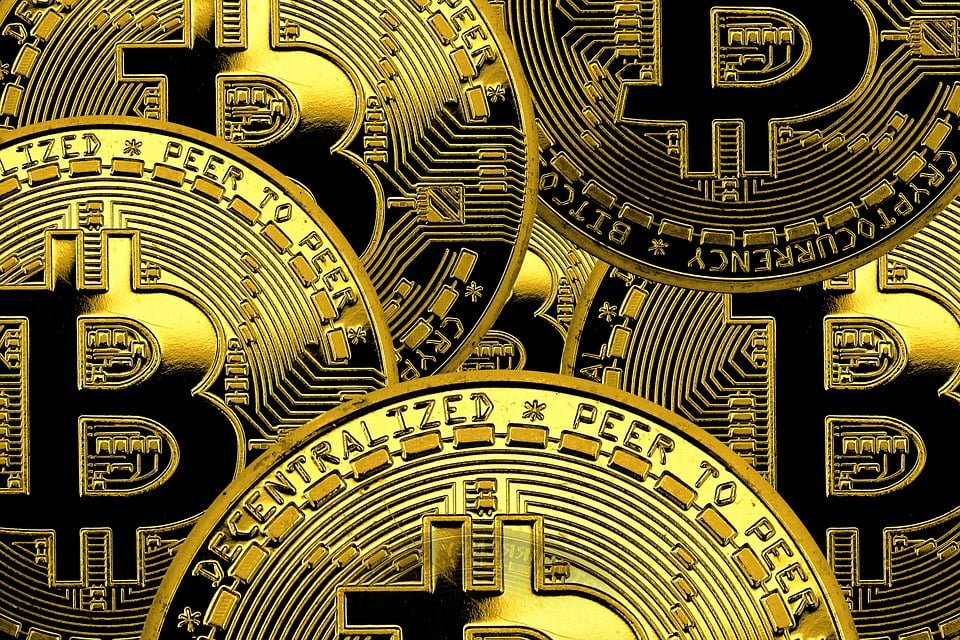The world of finance is undergoing a significant transformation with the rise of Decentralized Finance, or DeFi. This innovative new approach to finance is disrupting traditional banking by offering a more inclusive, transparent, and efficient system for managing and exchanging money.
DeFi uses blockchain technology to create a decentralized network of financial services that operate without the need for traditional intermediaries such as banks or payment processors. This allows users to access financial services directly, without relying on centralized institutions to facilitate transactions.
One of the key benefits of DeFi is its accessibility. Unlike traditional banking, which can be exclusive and prohibitive for many people, DeFi is open to anyone with an internet connection. This opens up opportunities for people in underserved or unbanked communities to access financial services such as savings, loans, and investment opportunities.
Furthermore, DeFi offers users greater control over their money. With traditional banking systems, users entrust their funds to a centralized institution, which can be vulnerable to security breaches or mismanagement. In contrast, DeFi allows users to maintain control of their funds through the use of smart contracts, which automatically execute transactions based on predefined rules.
Another key feature of DeFi is its transparency. Because transactions on the blockchain are publicly recorded and verified by a network of decentralized nodes, users can easily track and verify the authenticity of their transactions. This helps to reduce the potential for fraud and allows for greater trust between parties.
DeFi is also revolutionizing the way we think about financial innovation. Traditional banking systems are often slow to adapt to new technologies, leading to inefficiencies and barriers to entry for new players. DeFi, on the other hand, is built on a foundation of open-source software and collaborative development, which allows for rapid iteration and experimentation with new financial products and services.
Despite its many benefits, DeFi is not without its challenges. Security concerns, regulatory compliance, and scalability issues are just some of the obstacles that DeFi projects must navigate in order to succeed in the long term. However, as the technology continues to mature and gain widespread adoption, these obstacles are likely to be overcome.
In conclusion, the rise of DeFi represents a paradigm shift in the world of finance. By offering a more inclusive, transparent, and efficient alternative to traditional banking, DeFi is poised to reshape the way we think about money and financial services. As the industry continues to grow and evolve, it will be exciting to see how DeFi continues to disrupt and transform the financial landscape.









